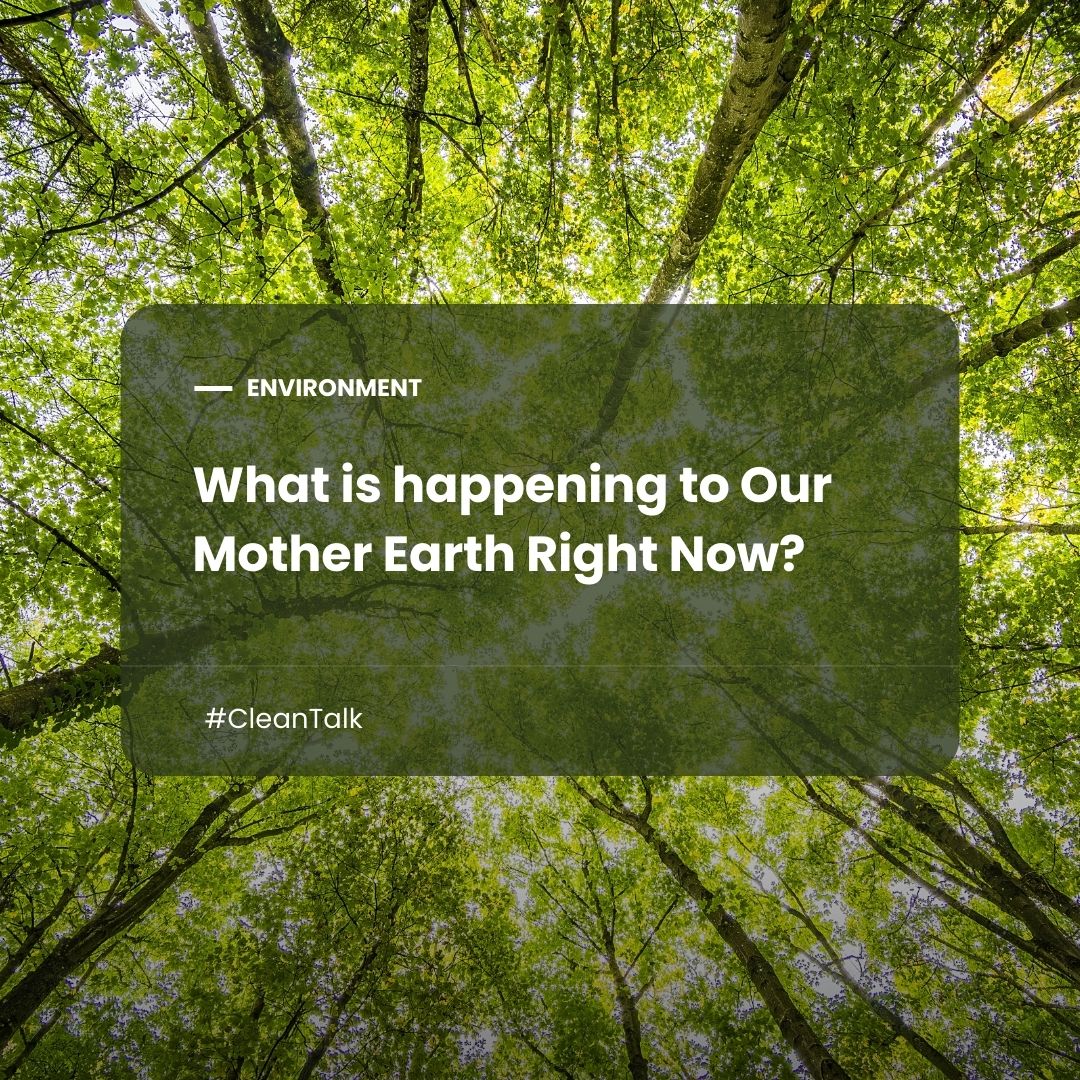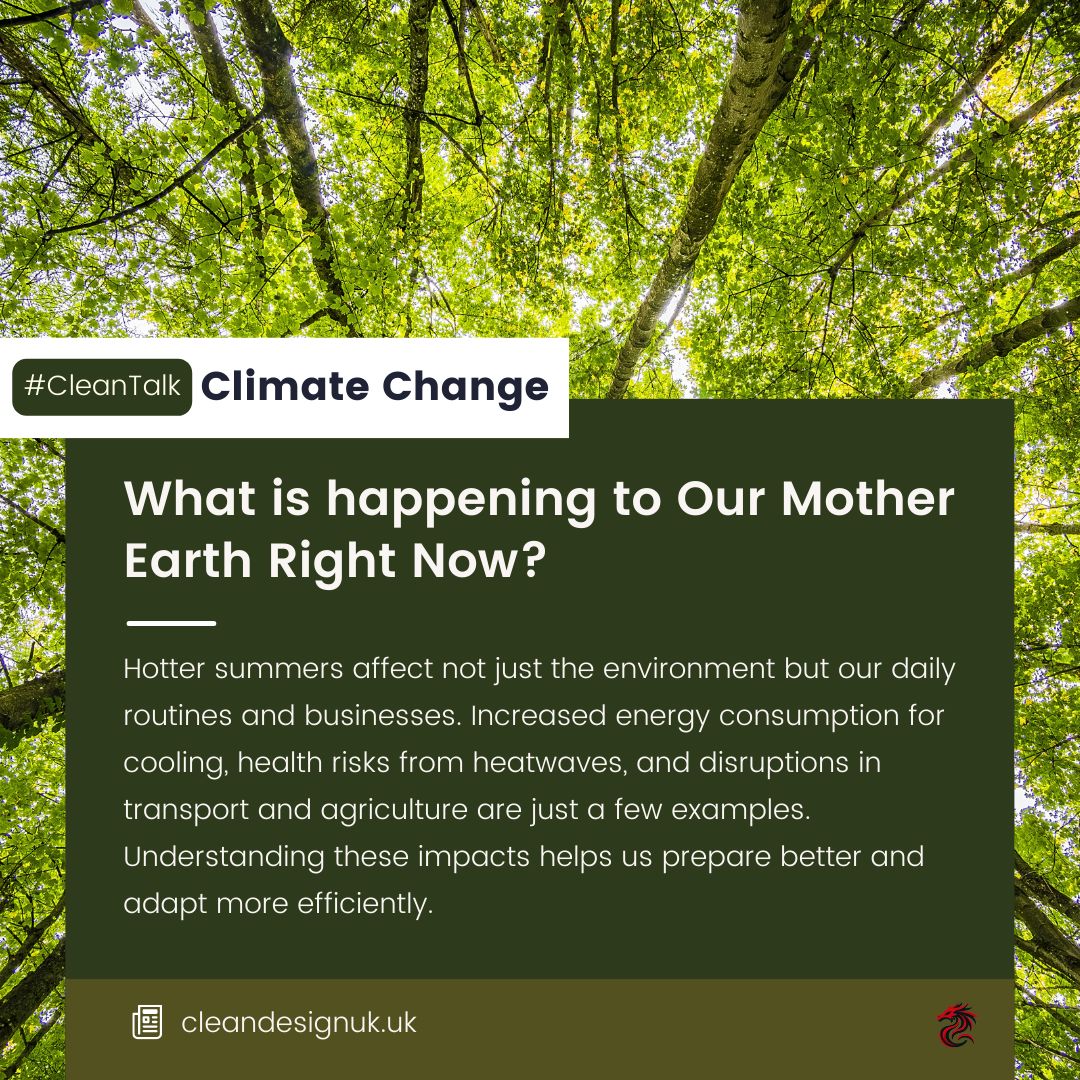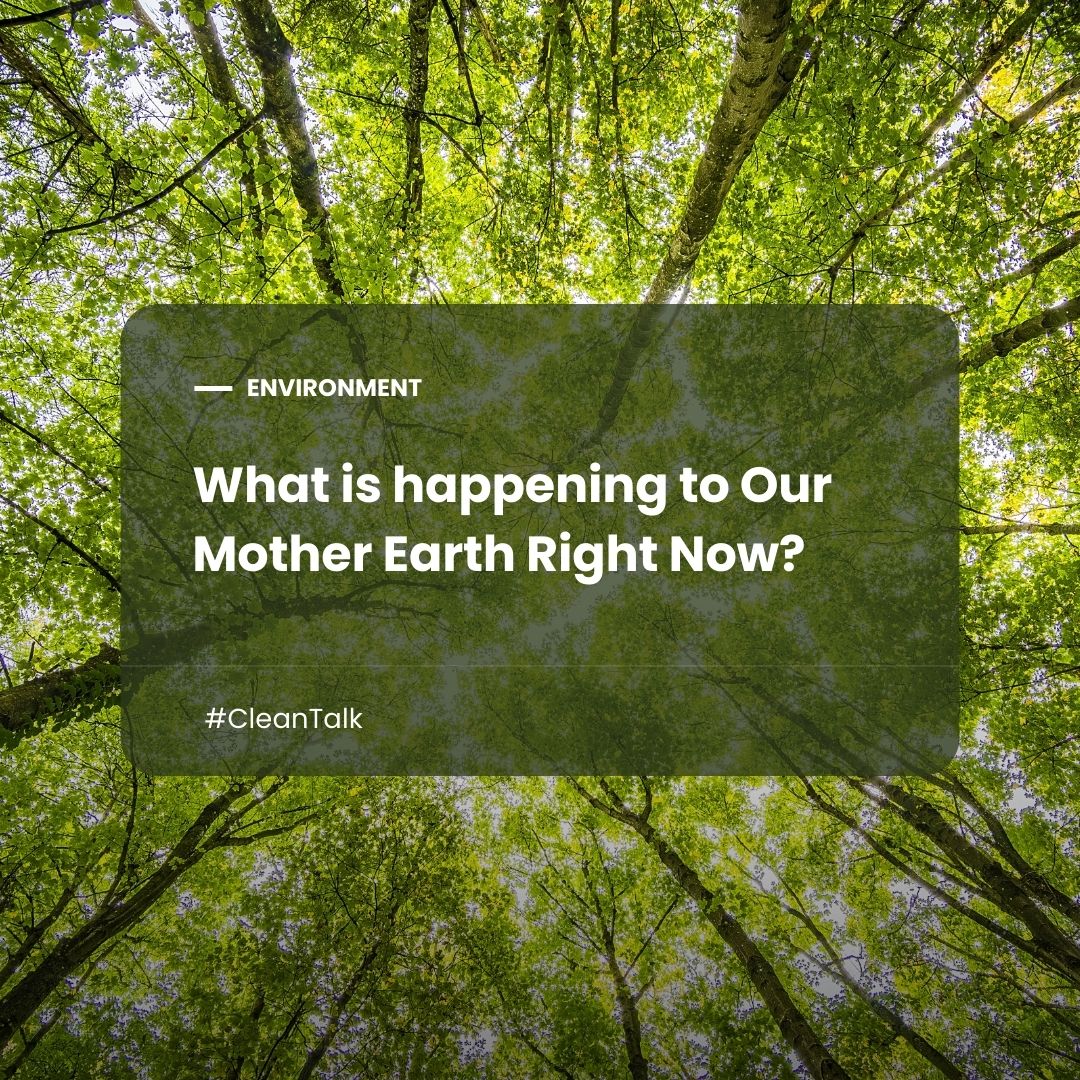Climate Change: The Transforming Summer in the UK
Have you noticed how summers in the UK just aren't what they used to be? It’s not just us being nostalgic; climate change is genuinely transforming our seasons. This isn’t some far-off issue—it’s here, it's now, and it's affecting everything from our daily lives to local businesses. In this post, let’s break down what’s really going on, why it matters, and how even our online actions, like website usage and social media, are part of the picture.
Rising Temperatures and Our Ecosystems
We often hear about global warming, but what does that actually look like here in the UK? For starters, our local ecosystems are feeling the heat—literally. Plants that used to thrive in the cooler British climate are struggling. Some wildlife is having to move or adapt in ways we've never seen before. Remember how our gardens would bloom with a familiar rhythm each summer? That rhythm is starting to change.
Businesses that rely on the natural cycle, like local farmers or outdoor event organisers, are finding it tougher to predict what the season will bring. And it's not just the countryside affected. Even urban areas, with their little pockets of green, are feeling this shift. It's all interconnected, and it’s impacting more than just the environment; it's affecting our community, our businesses, and the way we live. If you’re keen on integrating sustainability into your business model, our piece on natural business growth has some great tips.

How the Changing Climate is Shaping Our Everyday Lives
It’s not just nature feeling the effects—our daily routines are changing, too. Summers are hotter, and with that comes higher energy costs to keep our homes and businesses cool. Ever thought about how many fans and AC units we see now compared to ten years ago? The energy bill isn’t the only concern. Heatwaves bring health risks, especially for those with pre-existing conditions. Businesses also take a hit; from agriculture facing unexpected droughts to retail shops dealing with altered consumer patterns.
So, what's the game plan? We can adapt our habits, both in our personal lives and businesses. For example, using energy-saving appliances and implementing smart cooling systems can help. More importantly, we should think about how our digital presence contributes to this issue. If you're considering a website refresh, check out our guide on professional websites for small businesses to make it eco-friendly.
The Digital World: Are We Overlooking Our Online Footprint?
This might surprise you, but even our online activities, like browsing websites or scrolling through social media, have a carbon footprint. Websites consume energy through hosting services, data transfer, and user interaction. When we design a website, it's easy to overlook its environmental impact. But every large image, every embedded video—like the one below—adds to our collective digital carbon footprint. We discuss this topic more in our website health check guide.
So, what can we do? Opting for cleaner hosting options, compressing images, and reducing heavy content are great starting points. It not only makes your website greener but also improves the user experience by speeding up load times. If you're interested in making your website more efficient, consider talking to us at Clean Design UK.
Social Media: The Good, The Bad, and The Sustainable
We can’t talk about digital impact without mentioning social media. It's a fantastic tool for spreading awareness about climate change and rallying communities to take action. But here’s the kicker: our endless scrolling, uploading, and sharing also contribute to carbon emissions. It’s the digital footprint we often overlook.
Does this mean we should stop using social media? Not at all. It's more about being mindful of how we use it. Share meaningful, impactful content, and use text-based posts when possible to reduce data load. If you're keen to create powerful, yet eco-friendly social media strategies, our social media strategy guide has got you covered.

Making Small Changes for a Big Impact
Alright, we’ve covered a lot of ground. From the way climate change is reshaping our summers to how our digital presence leaves a carbon footprint. Now, let's talk about what we can do. It doesn’t have to be overwhelming. Small changes can make a big difference. For example, supporting green web hosting, minimising data-heavy content on your website, and even advocating for climate awareness through social media.
At Clean Design UK, we believe in building websites that not only look good but do good. Our approach focuses on sustainability, user-friendliness, and efficiency. If you’re wondering how to get started with these changes, our brand identity guide is a great resource.
Let's Wrap This Up
Climate change isn’t just a distant global issue; it's affecting our local environment, our businesses, and even our digital presence. But the silver lining? We have the power to make changes, both big and small. Whether it's opting for eco-friendly website designs, using social media more thoughtfully, or supporting local climate initiatives, every action counts. Our summer experiences may be transforming, but with informed choices, we can adapt and protect our environment.
If you're interested in reducing your digital carbon footprint or want to discuss sustainable web design options, don’t hesitate to reach out to us at Clean Design UK. Together, we can create a digital world that aligns with the values of sustainability and efficiency.
Want to dive deeper into these topics? Check out our resources on:
- How to keep your website efficient
- Building an impactful social media strategy
- Creating a sustainable brand identity
We’re here to help guide you through these changing times, whether you need a website revamp, SEO optimisation, or simply want to chat about how to make your business more eco-friendly. Let’s make this summer not just about surviving the heat, but thriving in it.
